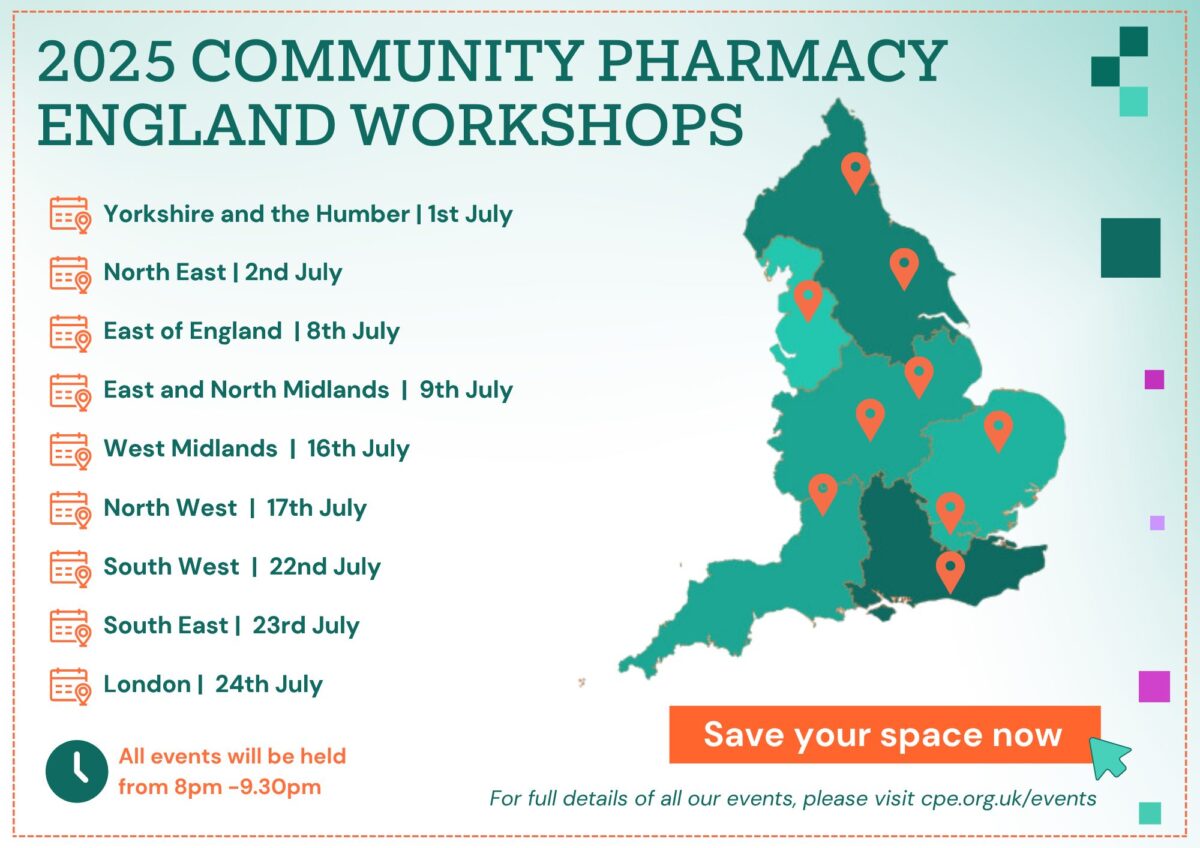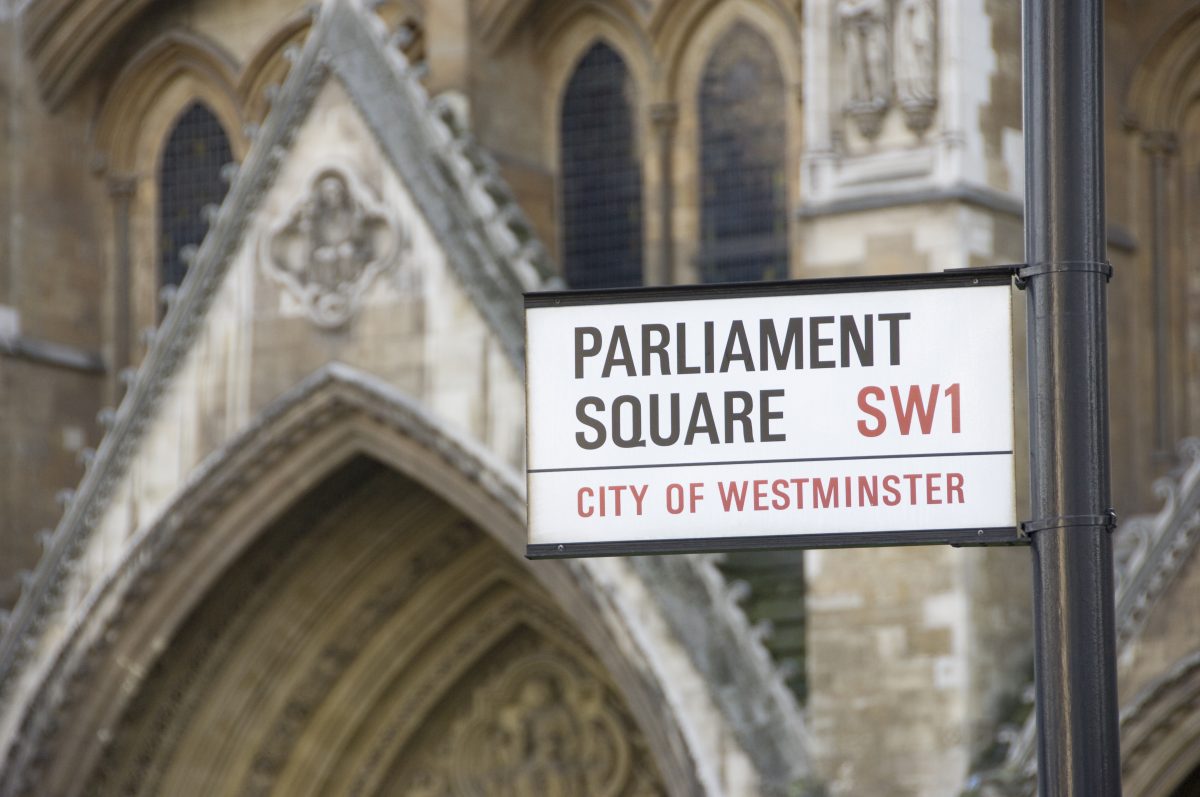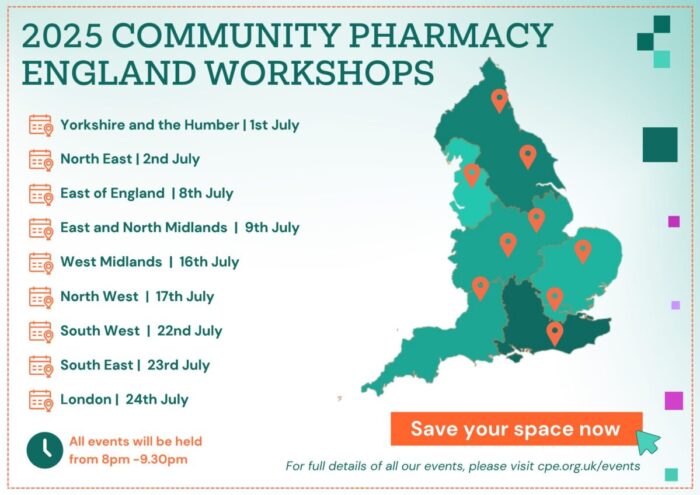Pharmacy Funding Crisis: PSNC Update
PSNC met for a full Committee meeting early in February to consider the urgent funding and capacity crisis, as well as proposals from the Department of Health and Social Care (DHSC) and NHS England on price concessions reform and relief measures to ease pressure on pharmacies.
The Committee considered the impact of the current crisis, reflecting on the economic pressures that accelerated through the autumn and winter. The worsening situation is now being exacerbated by spiralling workforce costs, dispensing at a loss, inflation and rising demand from patients.
The Committee rejected the proposals on both price concessions and relief measures as being insufficient to meet the sector’s needs.
There is now a high level of interest from Ministers and other decision-makers in the potential role of community pharmacy, particularly in using a Pharmacy First approach and making use of PGDs and the skills of independent prescribers.
But we have made clear to them that without new money this is all a pipedream: we need an urgent injection of funds into the sector, otherwise we will continue to see a degradation of services and eventual collapse of the network. The Committee is clear that there is no further place for warm words while pharmacy collapses.
The Committee reflected that the 5-year CPCF agreement had been based on working together to create the capacity and context necessary to deliver the shift towards greater service delivery. Not only has that capacity-release not happened due to slow progress by Government, but pharmacies have also been burdened with these additional, and insurmountable, challenges.
Government urgently needs to decide whether they want to build community pharmacy into their plans to improve access to primary care, or stand by and see the sector collapse. We have made this point repeatedly to Ministers, NHSE and officials.
The Committee’s discussions were informed by the feedback and comments made in December’s contractor engagement events, and they noted the high level of influencing and campaigning work that has been carried out by the PSNC team since then.
This has included:
- regular briefings and discussions with Ministers and officials;
- PSNC Member input at the Prime Minister’s January Recovery Forum;
- briefing the Chair of the Health and Social Care Select Committee, the Chair of the APPG, MPs and Peers, and the Labour front bench team;
- engaging with GP leaders; and
- coordinating activity with the umbrella bodies and large pharmacy operators to write to the Prime Minister and launch the Save Our Pharmacies campaign.
This work has helped to build the Ministerial support for the sector that we are now seeing, but this support must be backed by funding and we are continuing to fight for that.
PSNC will meet again later this month, ahead of the first meeting of the newly elected Committee in April.
Read a summary of the high-level influencing work we have been doing
Read an overview of the key outcomes of the Committee Meeting
PSNC Chief Executive Janet Morrison said:
“Pharmacy owners up and down the country are in a devastating position. Having stepped up so bravely to support patients and the public during the COVID pandemic, you are now having to take desperate measures just to keep the doors open; gone are any hopes of turning a profit.
“These were the stories that PSNC Members shared from their own businesses and those of fellow contractors, and it was in this context in which they considered proposals from Government and NHS on price concessions and on regulatory easements. Both proposals were rejected – they went nowhere near far enough to solving our current struggles. We have written to the Department and NHS to that effect, once again setting out for them the decision that Ministers face: a decision about whether to step in and help our resourceful, valuable and much-needed sector; or whether to stand by and watch funding cuts continue to decimate it.
“Whatever their response, we will not stop fighting tirelessly on your behalf – we know that with the right support our sector offers solutions to several of the problems that the NHS is grappling with, so we will continue to present short and long-term solutions to Government. Alongside this, our influencing and campaigning work carries on apace, and we are approaching the next phase of our work with Nuffield Trust and The King’s Fund to set out a viable future for the sector.”








